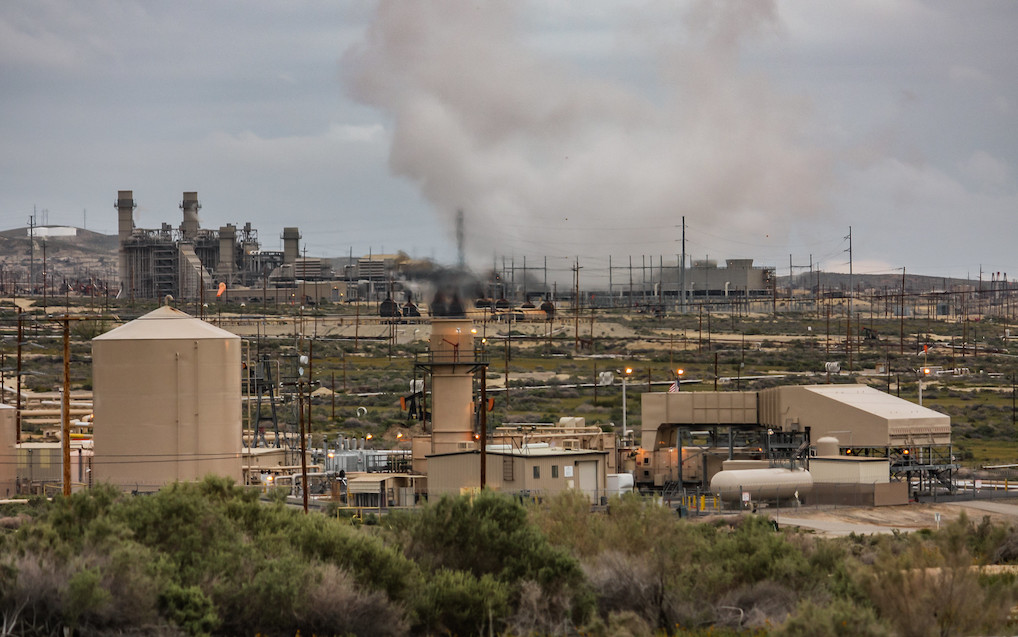On his first day in office, U.S. President Joe Biden announced plans to impose limits on methane emissions from oil and gas the previous administration cancelled.
That’s good news. The UN Environment Programme and Climate and Clean Air Coalition’s “Global Methane Assessment” said:
“Reducing human-caused methane emissions is one of the most cost-effective strategies to rapidly reduce the rate of warming and contribute significantly to global efforts to limit temperature rise to 1.5° C.”
Methane is a powerful but relatively short-lived greenhouse gas. Unlike carbon dioxide, which can remain in the atmosphere for hundreds of years, methane breaks down within a decade or so, but it’s 84 times more potent in trapping heat over a 20-year period.
Scientists estimate methane has caused about 30 per cent of heating to date, with emissions rising at record rates. Cutting methane emissions is a cost-effective way to quickly reduce greenhouse gases and pollution. The UN report found they could be cut by 45 per cent by 2030 using readily available methods.
According to a Guardian article, “Achieving the cuts would avoid nearly 0.3C of global heating by 2045 and keep the world on track for the Paris climate agreement’s goal of limiting global temperature rise to 1.5C.” The report also concluded that, because methane causes ground-level ozone, or smog, “a 45 per cent reduction would prevent 260,000 premature deaths, 775,000 asthma-related hospital visits, 73 billion hours of lost labour from extreme heat, and 25 million tonnes of crop losses annually.”
The report estimated 42 per cent of human-caused methane emissions are from agriculture, mainly from livestock flatulence and manure, and rice cultivation. Intentional and unintentional leaks and venting from fossil-fuel operations make up about 36 per cent and waste sites cause 18 per cent. Some methane comes from natural sources such as decay in wetlands and melting permafrost. (Various studies, including by the David Suzuki Foundation, found industry and governments consistently underreport oil and gas methane emissions.)
Fossil-fuel industry emissions are largely from leaks and venting in development of “natural” gas (which is mostly methane, much of it fracked).
In labelling it “natural gas,” industry has convinced people it’s benign, or a “bridge fuel” as the world transitions from dirtier sources like coal to renewable energy. That’s led governments to tout it as an economy booster and to go into full fracking mode.
For example, B.C.’s 2021 budget confirmed the province will continue to subsidize and rely on the liquefied natural gas industry (mostly fracked methane), one of the province’s main sources of rising greenhouse gas emissions.
If methane were truly a bridge fuel, when will we have crossed the bridge? The David Suzuki Foundation and Pembina Institute released a study in 2011 showing that, even then, the transition fuel argument wasn’t valid.
Among the simplest ways to rapidly reduce methane emissions are to stop venting and leaks at gas operations (in part by replacing outdated technology), reduce organic waste sent to landfills and improve sewage treatment. Captured methane can be used rather than wasted. A recent Environmental Defense Fund study found half of all methane emissions cuts could be achieved at no net cost — about 80 per cent of those from oil and gas.
Reducing methane from animal agriculture is more of a challenge. People eating less meat, especially cattle, would bring emissions down substantially, but that will take time. Small measures such as changes to feed and better herd management could reduce methane from agriculture by about 25 per cent by 2030, the report estimated.
While changes to diet and agricultural practices can have a range of beneficial effects for climate, the environment and human health, the most efficient, cost-effective way to quickly cut methane emissions and reduce their contribution to global heating is to address fossil-fuel industry emissions.
We need federal and provincial regulations to ensure methane emissions drop at least 75 per cent by 2030, including requiring fossil-fuel companies to cut them at the source by preventing leaking and venting. And, as with coal and oil, we should be winding down natural gas production and shifting to renewable energy.
“Natural” gas may come from nature, but releasing it into the atmosphere is upsetting the natural balance that makes the planet habitable. There’s nothing natural about that.
David Suzuki is a scientist, broadcaster, author and co-founder of the David Suzuki Foundation. Written with contributions from David Suzuki Foundation Senior Writer and Editor Ian Hanington.
Learn more at davidsuzuki.org.
Image credit: David Seibold/Flickr



